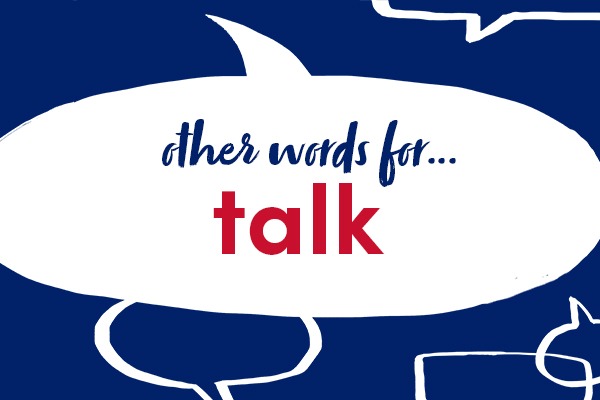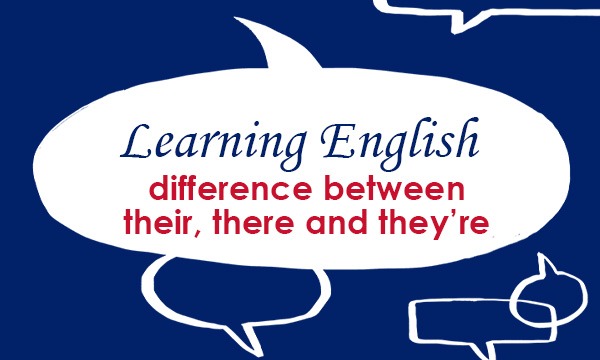The word ‘talk’ is frequently used in English, yet there are many other different words you can use instead to be more specific and make your writing more interesting.

Many synonyms for ‘talk’ describe how quickly someone talks or how much they say – try some of the words below:
- babble Little George sat in his pushchair, babbling away to himself.
- burble As Grandad snoozed, his friend burbled on about his childhood.
- chat I was just chatting to him the other day.
- chatter It feels like Lila never stops chattering.
- gabble “There’s no need to gabble,” Miss Macken said. “Take your time.”
- jabber The toddler jabbered away.
- natter The pair would natter on the phone for hours.
- prattle I do wish James would stop prattling about nothing.
- witter They wittered on about what they had done at school.
Look at the Thesaurus entry for talk to find other synonyms and examples.
All opinions expressed on this blog are those of the individual writers, and do not necessarily reflect the opinions or policies of Collins, or its parent company, HarperCollins.



